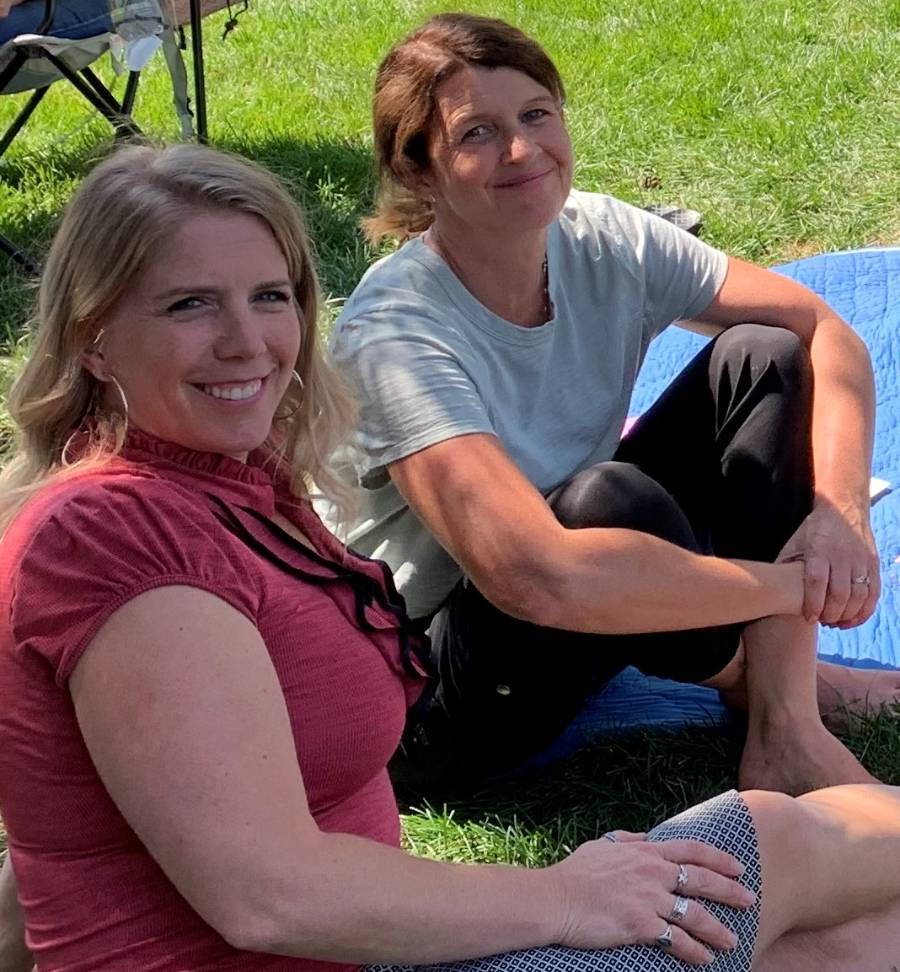The coursework of the program is designed to be completed in 5 sequential semesters. Students who need additional time to complete the clinical hour requirement may enroll for additional semesters while they complete the clinical hours.
Although the majority of our students graduate at the end of their 5th semester, we occasionally have students who enroll in a 6th semester to complete their clinical hours. We have found that the completion of hours within 5 semesters usually depends on a student's availability to see clients at their off-campus clinical placement. Students must enroll in a practicum course and receive weekly supervision to see clients. Students who need a 6th semester to complete clinical hours must enroll in a practicum course for the entire semester, even if the student completes required clinical hours before the end of the semester.
Students who do not follow the recommended sequence of courses each semester, as listed below, and students who are granted a leave of absence from the program will need additional time to complete graduation requirements. Graduation requirements must be completed within 6 years of initial matriculation.
|
Semester |
Course Name |
Credits |
|
Fall
12 credits |
Ethical Issues in MFT |
3 |
|
Systemic Foundations of MFT |
3 |
|
|
Systemic Assessment and Diagnosis |
3 |
|
|
Pre-Practicum |
3 |
|
|
Spring
12 credits |
Contemporary Approaches to MFT |
3 |
|
Couples Therapy |
3 |
|
|
Working with Diversity |
3 |
|
|
Practicum I |
3 |
|
|
Summer
9 credits |
Research in MFT |
3 |
|
Group Therapy |
2 |
|
|
Community Intervention |
1 |
|
|
Practicum II |
3 |
|
|
Fall
12 credits |
Child & Adolescent Development |
3 |
|
Family Therapy |
3 |
|
|
Individual Therapy |
2 |
|
|
Contemporary Issues in MFT |
1 |
|
|
Practicum III |
3 |
|
|
Spring
9 credits |
Adult Issues in Human Development |
3 |
| Either Clinical Business Development OR | 2 | |
|
Special Topics Elective |
1-3 |
|
|
Capstone |
1 |
|
|
Practicum IV |
3 |
The UVU MFT program tuition and fees are determined by the Board of Trustees and the Board of Regents. Tuition and fees are adjusted and published each spring for the following year beginning summer semester.
Additional program expenses include:
|
Expense |
Estimated Cost |
Timing |
|
Required course textbooks |
Costs vary by course |
Each semester |
|
AAMFT Student membership |
$200.00 ($90 - 100 per year) |
1st semester in Ethics and/or Pre-Practicum course(s) |
|
Program iPad - Provided by the program |
Replacement cost if broken or lost. Replacement cost is $409 |
Practicum I |
|
AMFTRB Practice Exam |
$70.00 per attempt |
Capstone Course |
| Note: Students must pass the AMFTRB exam, which may require multiple attempts. | ||
|
Additional courses |
Costs vary by year and number of credits |
Whenever a repeated course is necessary due to course grade or insufficient clinical hours |
|
Personal Therapy |
Costs vary. $10.00 for sessions at UVU health center. |
If desired by the student, or when required by the program |
The program enrolls one cohort of students each fall semester. The maximum enrollment for a cohort is 24 students.
Classes are held from 9 - 2:30 Tuesday and Thursday for first-year students and 9 to 2:30 Monday and Wednesday for 2nd-year students. All academic courses within the UVU MFT program are delivered at the Orem campus. The program does not offer online or hybrid courses. The program does not offer evening or weekend classes.
The MFT program is offered as a full-time program only. Students who do not enroll in the recommended sequence of courses will need to wait until a course is offered again (See program schedule. FAQ: How long does the program take?). Any variation from the recommended program schedule should be discussed with the MFT Program Director and Advisor.
The UVU MFT program is designed to align with the educational requirements for licensure in the state of Utah. Upon graduation from the UVU program, students should be eligible for licensure as an Associate Marriage and Family Therapist in Utah.
Students who plan to leave Utah after graduation should make themselves fully aware of the licensing requirements for another state or territory. It is strongly advised that students obtain current and accurate information about licensing requirements in the location to which they may move prior to starting the UVU program.
Please refer to https://dopl.utah.gov/mft/ for additional information about MFT licensure in Utah.
Any student who wishes to work at a site that is not approved by the UVU MFT program should seek approval from the Director of Clinical Training prior to providing services at that site. (See Current Students: Program Resources)
Yes, the UVU MFT program was granted COAMFTE accreditation in 2024.
Individuals with graduate credit are welcome to apply to the MFT program via the regular annual application process.
The UVU MFT program has a residency requirement of 42/54 credits, which means the program can accept no more than 12 transfer credits. All potential transfer credits are evaluated by the Program Director in accordance with Graduate School policies.
Graduate Transfer Credit
Graduate credits from another regionally accredited institution or equivalent shall have been completed within four years of the graduate student’s matriculation into the graduate program and cannot be older than six years at the time of graduation with a master’s degree or a graduate certificate from the University. Graduate transfer credits are also subject to grade and grade-point average minimums of the graduate program. (Policy 524, Section 4.5.1).
The UVU MFT program prepares students to demonstrate competence in MFT knowledge, practice, diversity, research, and ethics. These competences are referred to as program goals, and specific student learning outcomes support each goal.
Program Goal 1: The program trains students in the knowledge and history of the MFT profession and how to utilize systemic and developmental theories in their clinical work
Program Goal 2: The program trains students to practice relational/systemic therapy including assessment, diagnosis, and treatment of a variety of presenting problems
Program Goal 3: The program trains students to be aware, knowledgeable, and conscientious in their work with diverse, marginalized and under-served populations
Program Goal 4: The program trains students to engage in ethical clinical work and decision making through a commitment to ethical practice and to the AAMFT Code of Ethics
Program Goal 5: The program assists students as they develop an MFT identity by preparing students for MFT licensure and employment upon graduation from the program


Loading Directory data....
Loading Directory data....